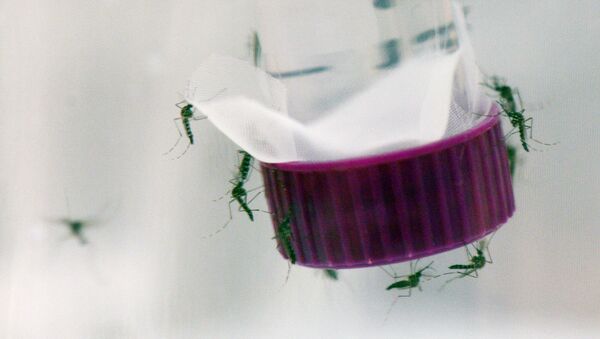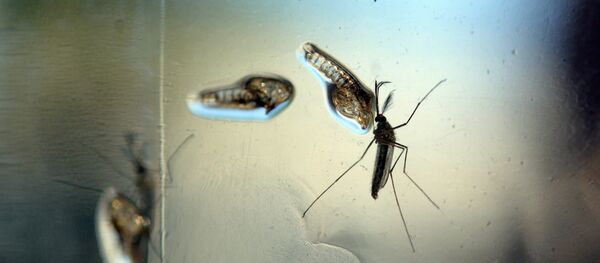“We don’t know the future course of the epidemic of Zika, but we have to be prepared for the virus to be present for years,” José Esparza of the University of Maryland School of Medicine, current president of the Global Virus Network, stated during the conference. “Without a vaccine, we will not be able to control the future course of this epidemic.”
A trial vaccine will begin next fall, with an actual vaccine unlikely to be ready until 2018, at the earliest.
“The risk of Zika virus beginning to circulate in the United States on the mainland—it’s already in Puerto Rico, of course—is going to be peaking during the next few weeks,” Scott Weaver, a virologist from the University of Texas Medical Branch told National Geographic.
“The number of travelers coming into the US with Zika is very high, the temperatures are permissive now for mosquito transmission, and populations of mosquitos are growing,” he said.
Congress has not yet approved a White House request for more funds to be allotted to researching a vaccine for Zika, despite the imminent threat.
The Centers for Disease Control and Prevention has warned pregnant Americans against travelling to more than 30 countries as the Zika virus has been linked to brain defects in newborn babies.
The current Zika virus outbreak started in Brazil in the spring of 2015 and has since spread across Latin America and the Caribbean. Cases have been also reported in the US, in several European countries and Asia.
In December 2015, Puerto Rico became the first US territory to report local transmission of the Zika virus, which has been associated with serious health conditions including microcephaly and a temporary paralysis known as Guillain-Barre syndrome.




